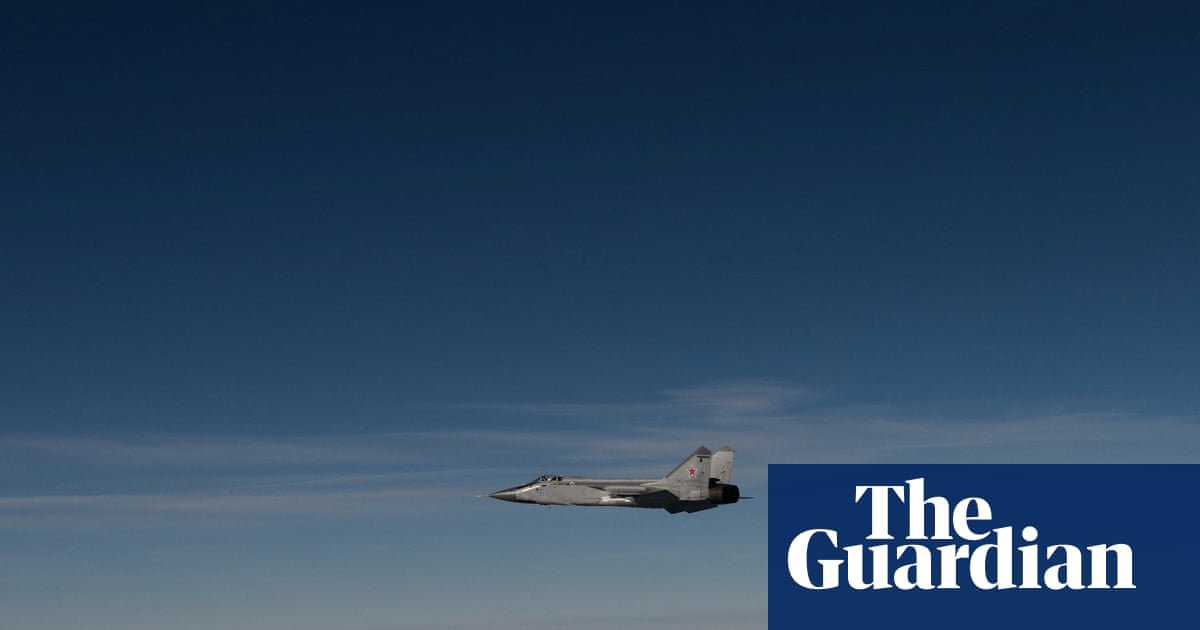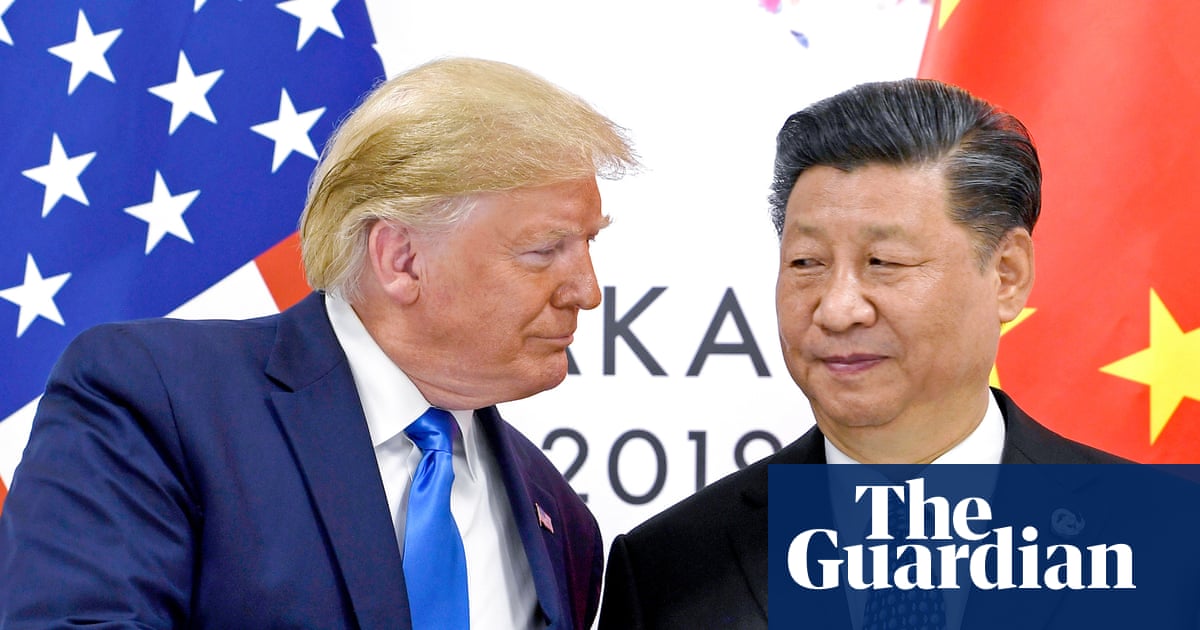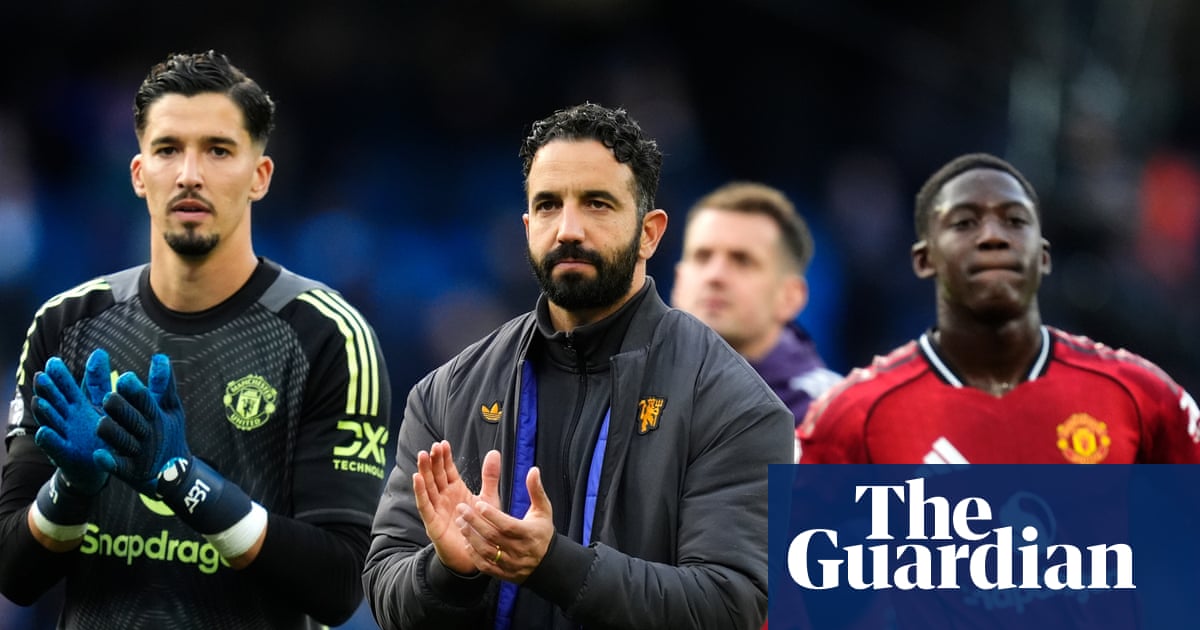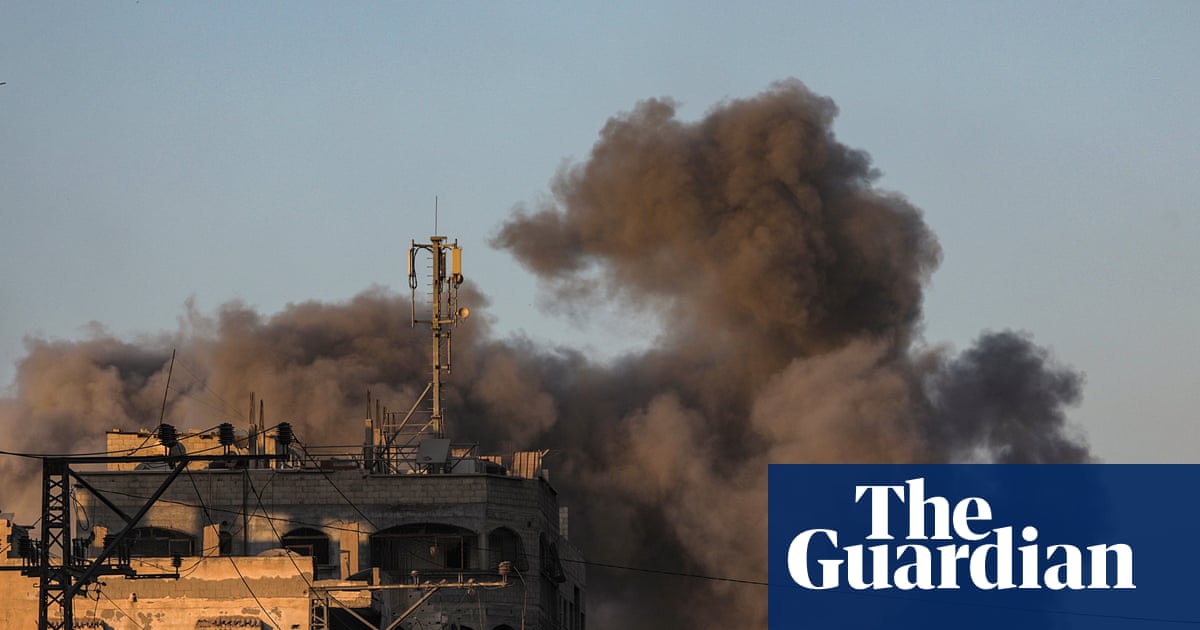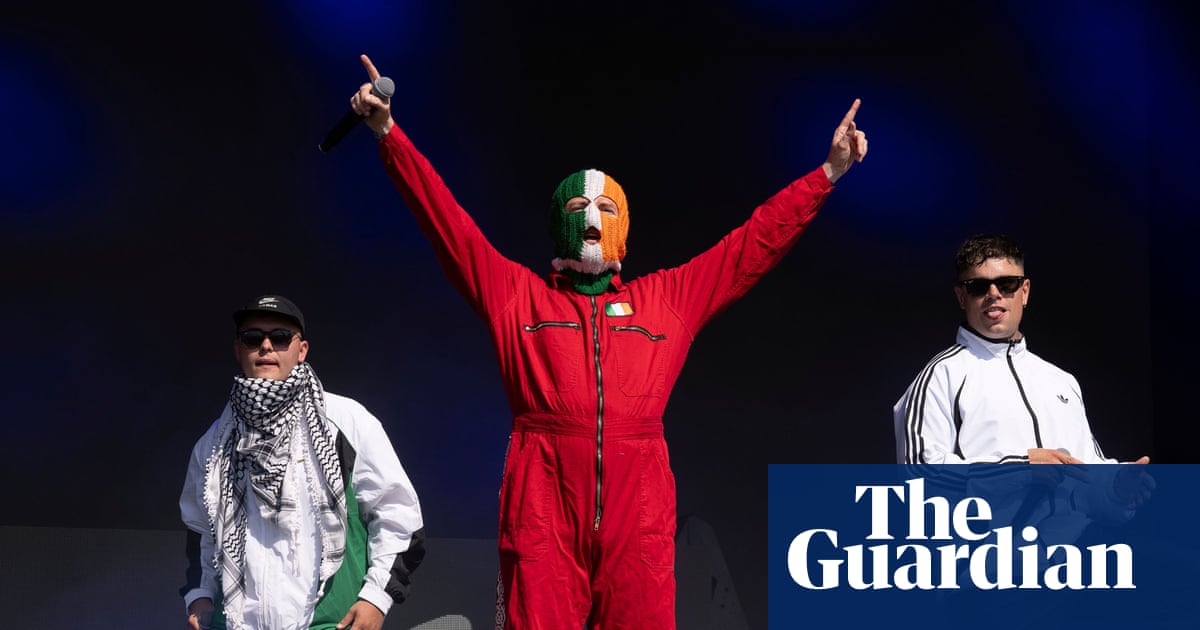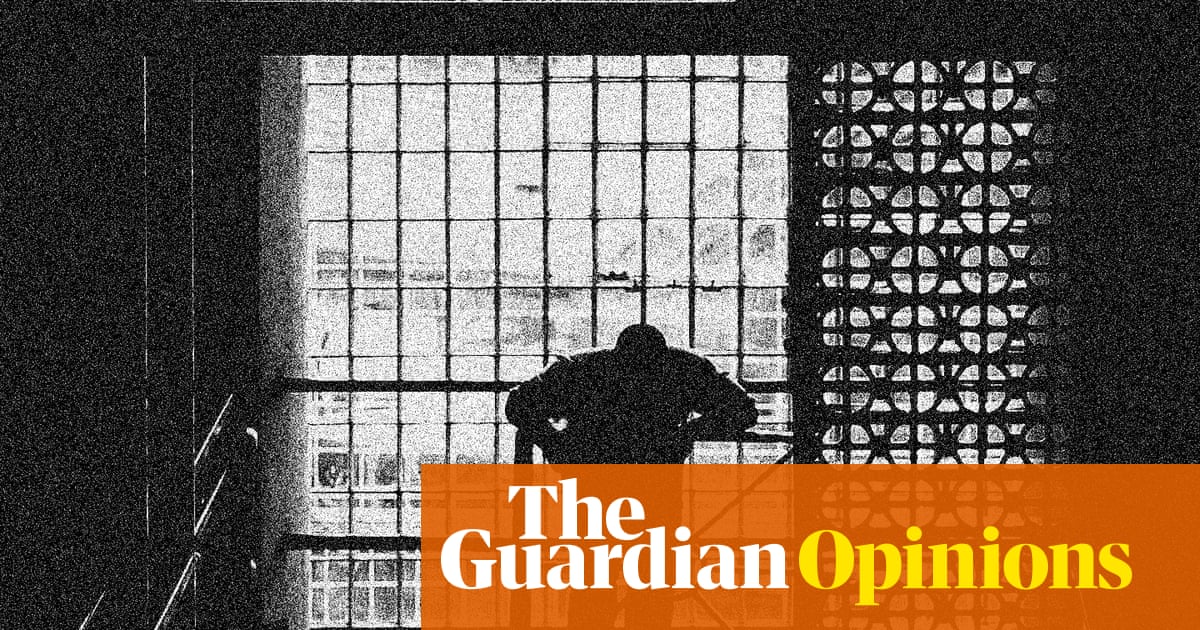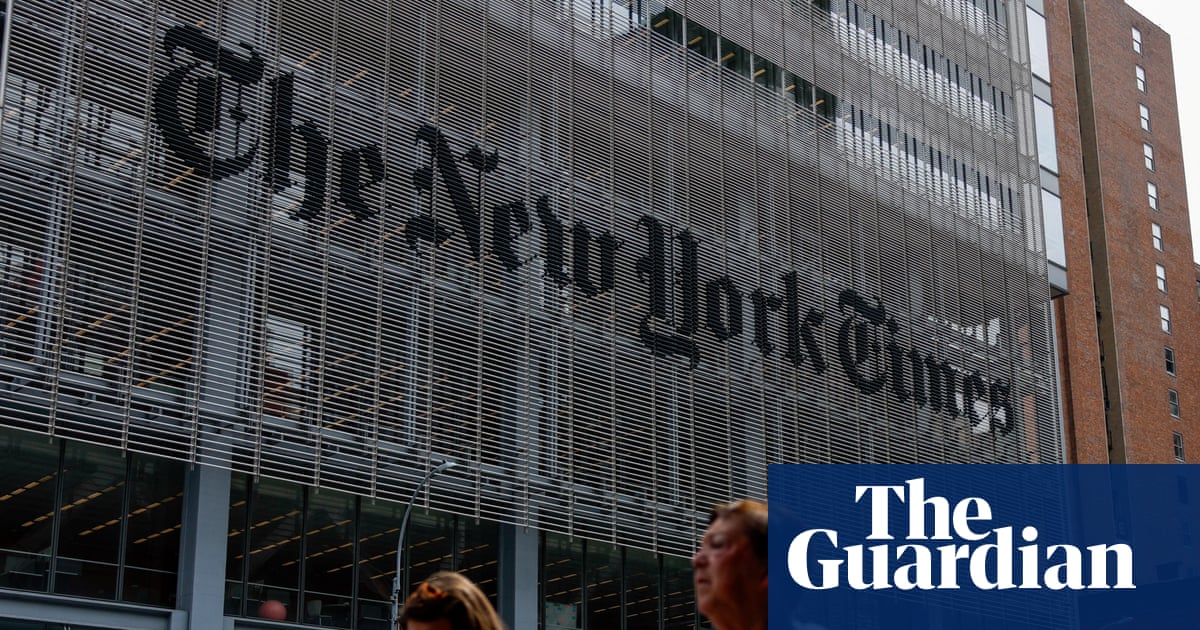-
US president Donald Trump has brought up the possibility of regime change in Iran following US military strikes against three of its key nuclear enrichment sites over the weekend, even as top members of his administration insisted the US was not seeking to topple the Iranian leadership. “It’s not politically correct to use the term, “Regime Change,” but if the current Iranian Regime is unable to MAKE IRAN GREAT AGAIN, why wouldn’t there be a Regime change??? MIGA!!!” Trump wrote in a post on his social media platform Truth Social.
-
Vice-president JD Vance had insisted the US was “not at war with Iran, we’re at war with Iran’s nuclear programme” while US secretary of state Marco Rubio said that that the US was “not looking for war in Iran”.
-
The US state department has issued a “worldwide caution” for Americans, saying the conflict between Israel and Iran could put those travelling or living abroad at an increased security risk.
-
World leaders are now awaiting Iran’s response to the US attacks. Iran’s president, Masoud Pezeshkian, told France’s Emmanuel Macron: “The Americans must receive a response to their aggression.” Speaking in Istanbul, Iranian foreign minister Abbas Araqchi said his country would consider all possible responses. “The US showed they have no respect for international law. They only understand the language of threat and force,” he said. He later flew to Moscow to discuss “common threats” with President Vladimir Putin on Monday.
-
Iran’s parliament has reportedly approved the closing of the key strait of Hormuz shipping lane. Reuters reported Iran’s supreme national security council will make the final decision on the move, which could hamstring global trade by shutting the narrow passage between Iran and Oman. US secretary of state Marco Rubio urged China to advise Tehran against closing the vital trade route, telling Fox News: “I encourage the Chinese government in Beijing to call them about that, because they heavily depend on the strait of Hormuz for their oil. If they do that, it will be another terrible mistake.”
-
Israeli prime minister Benjamin Netanyahu said Israel is very close to meeting its goals in Iran of removing the threats of ballistic missiles and the nuclear programme. Speaking to Israeli reporters, he said: “We won’t pursue our actions beyond what is needed to achieve them, but we also won’t finish too soon. When the objectives are achieved, then the operation is complete and the fighting will stop.” A social media account associated with Iran’s supreme leader, Ayatollah Ali Khamenei, later said Israel has made a “grave mistake” and “must be punished and is being punished”.
-
The UK, France and Germany released a joint statement after the US strikes, calling upon Iran to engage in negotiations leading to agreement that addresses all concerns associated with its nuclear program. The three countries also urged Iran “not to take any further action that could destabilise the region”, adding: “We have consistently been clear that Iran can never have a nuclear weapon and can no longer pose a threat to regional security.”
-
Iran’s health ministry said the US strikes had wounded an unspecified number of people but that none “showed any signs of radioactive contamination”. “For years, the ministry of health has set up nuclear emergency units in the nearest medical facilities to nuclear sites,” ministry spokesperson Hossein Kermanpour said on X.
-
Israel said its fighter jets had struck “dozens” of targets across Iran on Sunday, including a long-range missile site in Yazd in the centre of the country for the first time, Agence France Presse reported. A military statement said that “approximately 30 IAF [air force] fighter jets struck dozens of military targets throughout Iran” – including “the ‘Imam Hussein’ strategic missile command center in the Yazd area, where long-range Khorramshahr missiles were stored”.
-
US secretary of state Marco Rubio said that “there are no planned military operations right now against Iran.” In a new interview with CBS, Rubio added that “no one will know for days” whether Iran had moved some of its nuclear materials prior to the strikes.
-
Pete Hegseth, the US secretary of defence, said the impact of the airstrikes was still being assessed, but that the bombing had hit the areas that had been identified in the planning of the operation. Hegseth said: “The battle damage assessment is ongoing, but our initial assessment as the chairman said is that all of our precision munitions struck where we wanted them to strike, and had the desired effect.”

 2 months ago
89
2 months ago
89


